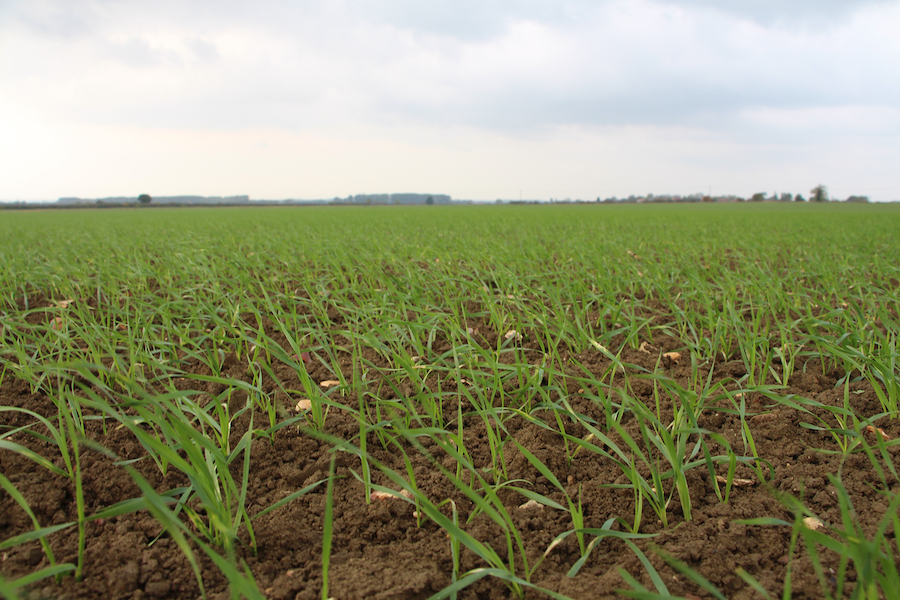Be clear on crop protection rules, arable farmers reminded
1st February 2024
With arable growers in the UK rushing to make up for lost drilling time, it’s easy to forget that 31st January marks the last official day of the winter drilling window. As such, any crops drilled beyond this date will be defined by the CRD (the Health and Safety Executive’s Chemical Regulations Division) as spring-sown and must comply with the relevant crop protection regulations.

“Any crops sown on or after 1st February in the year of harvest are considered spring crops, irrespective of the variety being drilled,” explains Jonny Oosthuizen, herbicides product manager for ADAMA UK.
“Unfortunately, because of the wet winter, a lot of growers throughout the UK still have winter wheat seed in the shed and, now that conditions have finally started to improve, are rushing to get as much of this into the ground as quickly as possible.
“What many might not be aware of as we move into February is that any crop protection products registered only for use on winter wheat can’t be used on crops sown after 31st January, even if the seed is technically a winter variety. Instead, these crops can only be treated with products labelled as being approved for spring-sown crops.”
Still plenty of options

This changing of the seasons narrows the crop protection options available to control fresh flushes of weeds.
“Some herbicides aren’t permitted for use on spring wheat, even if the actives themselves may be used via other products,” Jonny says. “That might come as a surprise to some growers, especially those who haven’t traditionally grown spring wheat before. Understanding the rules is therefore essential to ensure herbicide programmes don’t fall foul of the transition from winter to spring cropping.
“Fortunately, there are still plenty of options available to ensure spring-sown cereals remain protected and ahead of the curve in terms of weed competition,” Jonny adds.
“For example, product’s such as Hurricane (500g/L diflufenican) and Tower (250g/L chlortoluron + 40 g/L diflufenican + 300g/L pendimethalin) are approved for use on spring wheat and barley and have been proven to offer value for money as a reliable means of controlling some key grass and broad-leaved weeds. Likewise, Anthem (400g/L pendimethalin) is also approved for use on spring barley, although it is no longer approved for use on wheat drilled from 1st February onwards.”
If in doubt about which products can and can’t be used on or after 1st February, check each product label carefully to ensure it is approved for use on spring crops. Alternatively, seek professional advice from a qualified agronomist or visit here for more information.
Read more arable articles here
